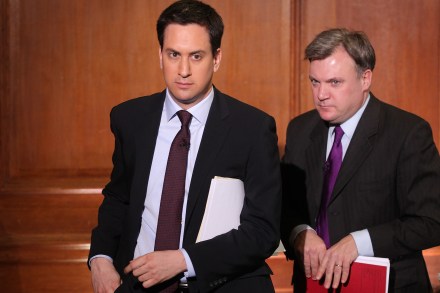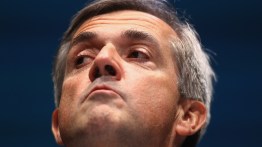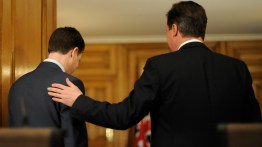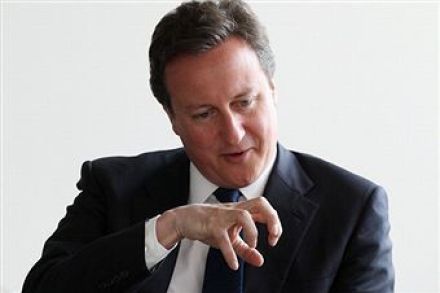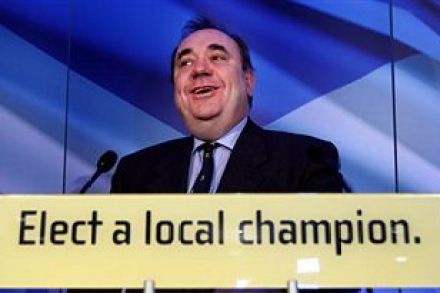Cameron’s Rope-A-Dope Strategy
Granted, Dave is no Muhammad Ali* and the idea of comparing Ed Miliband to George Foreman is one of the more preposterous notions ever conceived by man. Nevertheless, I wonder if Cameron, backed by his cornermen George and Nick, are playing rope-a-dope with Labour. This may not have been what they envisaged when they took office last year and it may be a strategy developed in extremis and one forced upon them by a suddenly developed appraisal of their own weakness. Nevertheless, if it is a plan it is one that might work. This thought was sparked by Fraser’s excellent post on the signs that the government has taken the










